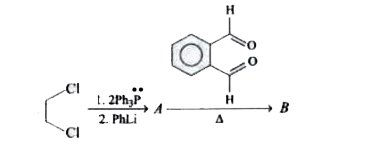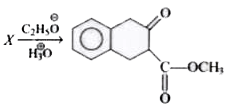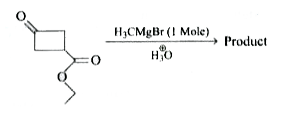Find out the structure of lactose :
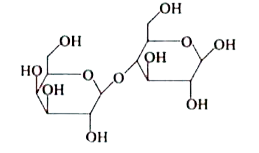
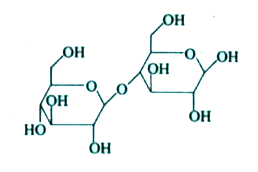
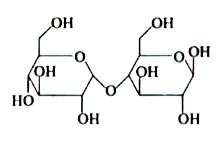
All of these
The correct Answer is:A
To find the structure of lactose, we need to understand that lactose is a disaccharide composed of two monosaccharides: glucose and galactose. Here’s a step-by-step breakdown of how to derive the structure of lactose:
Step 1: Identify the Monosaccharides
Lactose consists of two monosaccharides:
- Glucose
- Galactose
Step 2: Draw the Structures of Glucose and Galactose
1. Glucose: The structure of glucose can be represented as:
- A six-membered ring (pyranose form) with the following substituents:
- C1: OH (hydroxyl group) and H
- C2: OH and H
- C3: OH and H
- C4: OH and H
- C5: CH2OH
- C6: CH2OH
2. Galactose: The structure of galactose is similar to glucose, but the orientation of the hydroxyl group at C4 is different:
- C1: OH and H
- C2: OH and H
- C3: OH and H
- C4: H and OH (the difference from glucose)
- C5: CH2OH
- C6: CH2OH
Step 3: Combine the Monosaccharides
Lactose is formed by the glycosidic linkage between glucose and galactose. Specifically, it is a β-1,4-glycosidic bond:
- The anomeric carbon (C1) of galactose is linked to C4 of glucose.
Step 4: Draw the Structure of Lactose
1. Start with the glucose structure.
2. Attach the galactose structure to glucose via the β-1,4-glycosidic bond.
3. Ensure that the hydroxyl groups (OH) are oriented correctly:
- The OH on C1 of galactose should be above the plane of the ring (indicating the β-configuration).
Step 5: Finalize the Structure
The final structure of lactose can be represented as follows:
- A β-D-galactopyranosyl unit linked to a D-glucopyranosyl unit through a β-1,4-glycosidic bond.
Summary of the Structure
- The structure of lactose can be summarized as:
- C1 of Galactose (OH above the plane) linked to C4 of Glucose.
- The remaining hydroxyl groups should be oriented according to the pyranose form of both sugars.
Lactose consists of two monosaccharides:
- Glucose
- Galactose
1. Glucose: The structure of glucose can be represented as:
- A six-membered ring (pyranose form) with the following substituents:
- C1: OH (hydroxyl group) and H
- C2: OH and H
- C3: OH and H
- C4: OH and H
- C5: CH2OH
- C6: CH2OH
- C1: OH and H
- C2: OH and H
- C3: OH and H
- C4: H and OH (the difference from glucose)
- C5: CH2OH
- C6: CH2OH
Lactose is formed by the glycosidic linkage between glucose and galactose. Specifically, it is a β-1,4-glycosidic bond:
- The anomeric carbon (C1) of galactose is linked to C4 of glucose.
1. Start with the glucose structure.
2. Attach the galactose structure to glucose via the β-1,4-glycosidic bond.
3. Ensure that the hydroxyl groups (OH) are oriented correctly:
- The OH on C1 of galactose should be above the plane of the ring (indicating the β-configuration).
The final structure of lactose can be represented as follows:
- A β-D-galactopyranosyl unit linked to a D-glucopyranosyl unit through a β-1,4-glycosidic bond.
- The structure of lactose can be summarized as:
- C1 of Galactose (OH above the plane) linked to C4 of Glucose.
- The remaining hydroxyl groups should be oriented according to the pyranose form of both sugars.
Similar Questions
Knowledge Check
- Question 1 - Select One
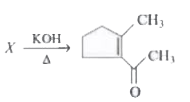
Find out of the structure of XA B
B C
C DNone of these
DNone of these - Question 2 - Select One
 Find out the structure of' A': A
Find out the structure of' A': A B
B C
C D
D
- Question 3 - Select One
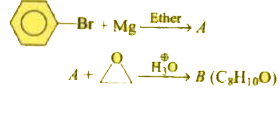
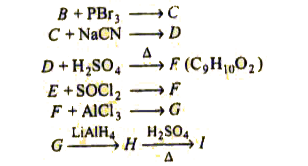
Find out structure of I:A B
B C
C D
D


